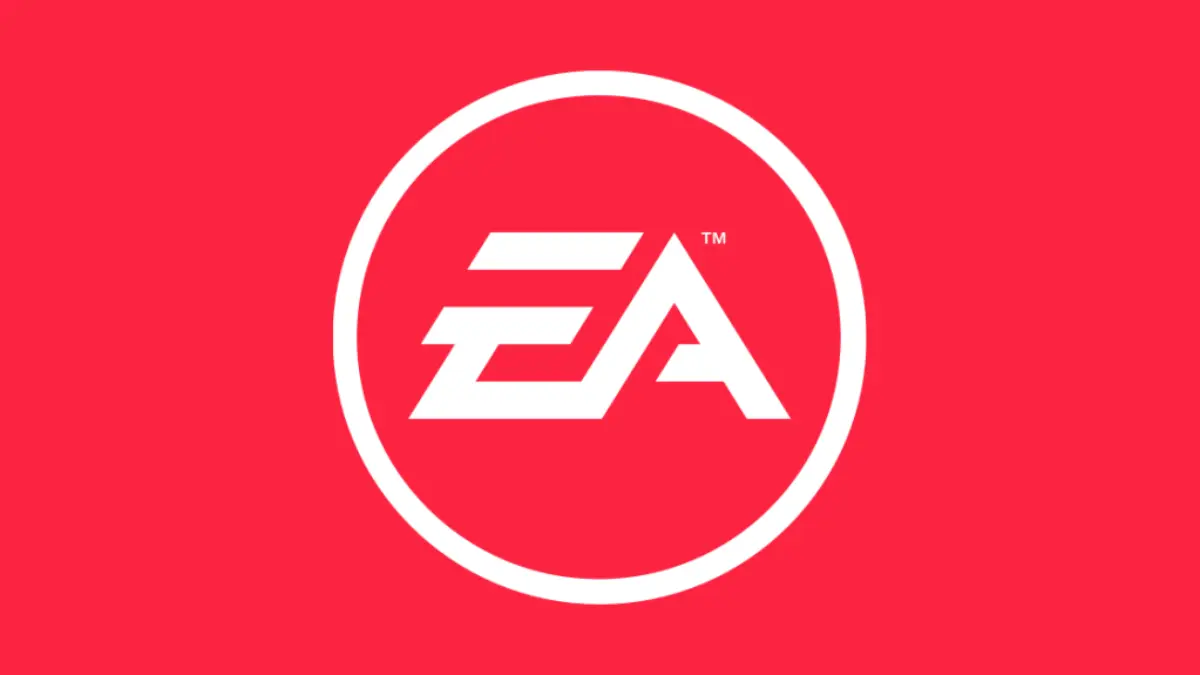Electronic Arts might soon disappear from the stock market. The Wall Street Journal reports that EA is nearing a take-private deal worth approximately $50bn, according to Reuters.
If completed, this would rank among the largest take-private transactions in history. The deal would remove EA from public trading and place it under private ownership.
The gaming publisher behind franchises like EA Sports FC, Apex Legends, and The Sims has been publicly traded since 1989. Going private would mark a massive shift for the company that dominates sports gaming and live-service titles.
Take-private deals typically involve significant borrowed money. The new owners use debt financing to buy out existing shareholders, and then the company itself often becomes responsible for paying back those loans. This structure is known as a leveraged buyout.
EA’s portfolio includes some of gaming’s biggest money-makers. Ultimate Team modes in its sports games generate billions annually. Apex Legends remains a top battle royale. The Sims continues printing money after 24 years. Mass Effect and Dragon Age anchor its RPG offerings.
The reported $50bn valuation would represent a significant premium over EA’s recent market value in the low $40bn. Shareholders typically demand higher prices to give up their stakes in profitable companies.
Details remain scarce. The buyer’s identity hasn’t been revealed. The exact financing structure is unknown. There’s no word on whether current CEO Andrew Wilson would stay on or if management changes are planned.
Modern mega-deals often involve multiple investors. Private equity firms, sovereign wealth funds, and institutional investors frequently team up to spread risk on transactions this large. Banks and private credit funds provide the debt financing that makes these deals possible.
Time to press X to go private
The timing is notable. Gaming companies have seen major consolidation recently, with Microsoft’s Activision Blizzard purchase and Sony’s Bungie acquisition. Taking EA private would remove another major player from public markets.
Standard next steps would include finalizing terms, getting the EA’s board approval, and putting it to a shareholder vote. U.S. regulators would review the deal, though financial buyers typically face fewer hurdles than strategic acquirers like competitors would. Any involvement by foreign state-linked funds could trigger additional scrutiny.

